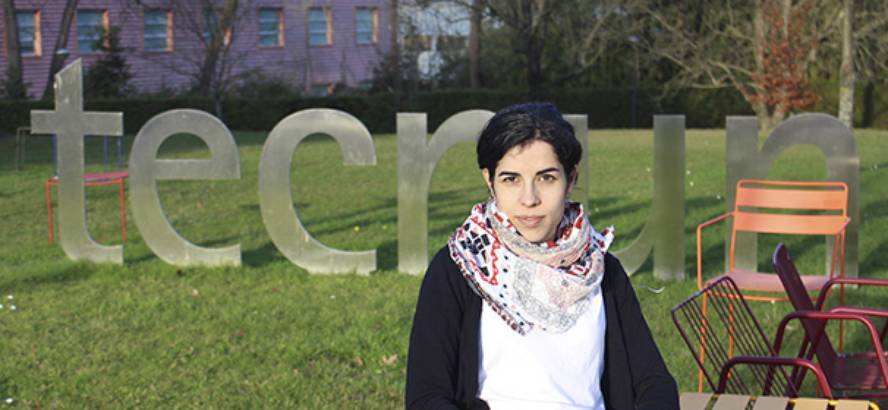Present the method capable of detecting the smallest mutations of tumors
Gene mutations are the main causes of cancer, but not any mutations. Some mutations are inherited in the germline of birth and somatic mutations occur throughout the individual's lifetime. Cancer can occur as these somatic mutations build up over the years in a cell population. To perform early detection of cancer and personalized treatments it is important to identify small somatic mutations of a single nucleotide. The researcher at the School of Engineering of the University of Navarra, Idoia Ochoa, presented in the journal Nature Communications a new method that will help.
In order for personalized treatments to be truly effective, it is important to determine the degree of heterogeneity of tumor mutations to know the tumor's evolutionary history and predict its response to immunotherapy. However, heterogeneity is often conditioned by mononucleotic mutations, whose identification is not easy as they are easily mixed with small sequencing defects.
Several methods are already used to detect these small mutations, but all use a single tumor sample. This is not enough for accurate tumor characterization. The new Moss method presented by Ochoa allows analyzing several samples from a single sample, thanks to a mathematical logarithm, offering a more complete view of the tumor.






